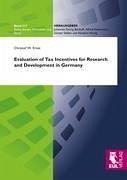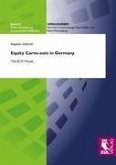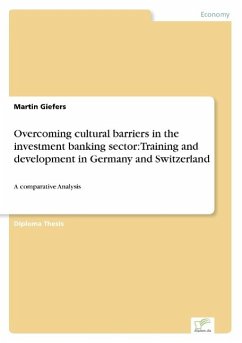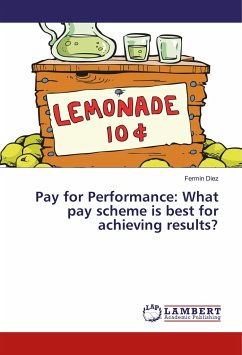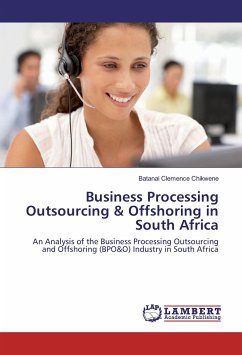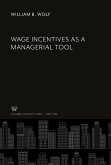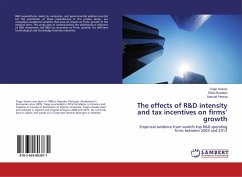Germany has currently no explicit form of tax incentive for R&D as they exist in many other countries. The objective of this study is to analyse and evaluate aspects that are important when an R&D tax incentive shall be established in Germany. The study is done both from a business and from an economic policy point of view. It broadens the focus to an European perspective, where the results can be of use in other countries. The study derives relevant research questions and outlines a framework for the evaluation of R&D tax incentives. It provides an overview on the different forms of R&D tax incentives in EU member states in 2010. A discussion then outlines potential models that could be used in Germany. A focus is on the analysis of the incentive¿s impact on the firm¿s total tax payments and on the R&D cost by means of a simulation model. Sensitivity analyses use different economic settings and model firms. Another focus is on the empirical analysis of effects from R&D tax incentives and corporate income tax burden on patenting behaviour by using firm-specific patent applications at the European Patent Office (EPO). A substantiated political discussion necessarily needs a projection of potential budgetary costs. Thus, the last focus is on the tax burden and on the overall fiscal costs and applies a micro-simulation model based on a financial statements database to quantify the effects induced by the various models of an R&D tax credit.
Hinweis: Dieser Artikel kann nur an eine deutsche Lieferadresse ausgeliefert werden.
Hinweis: Dieser Artikel kann nur an eine deutsche Lieferadresse ausgeliefert werden.

